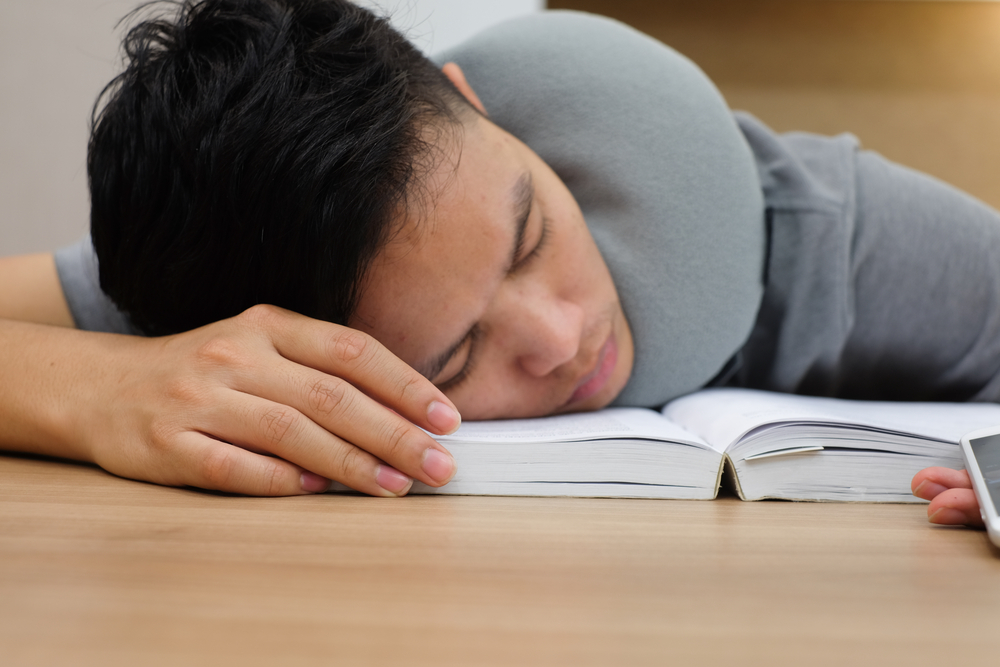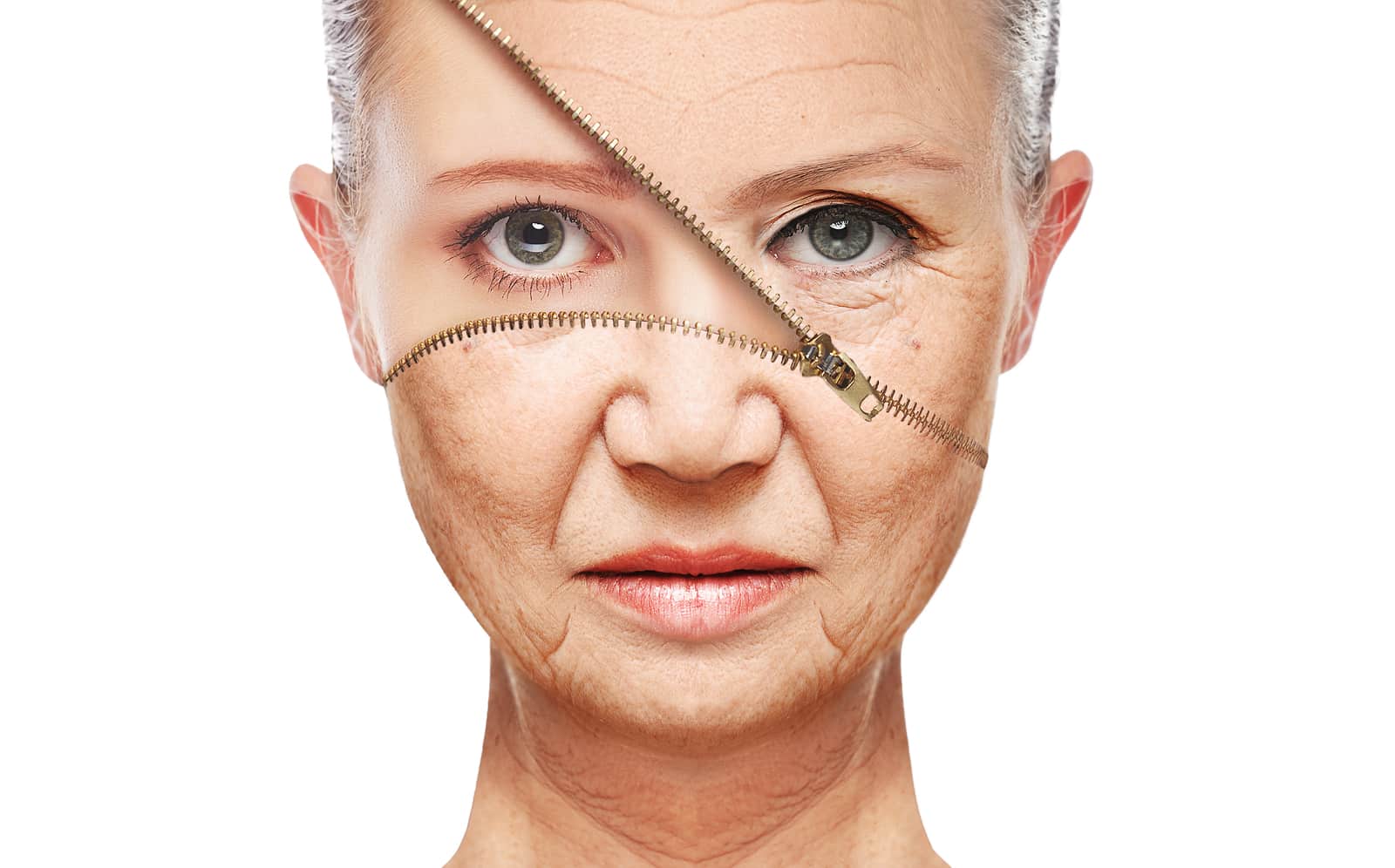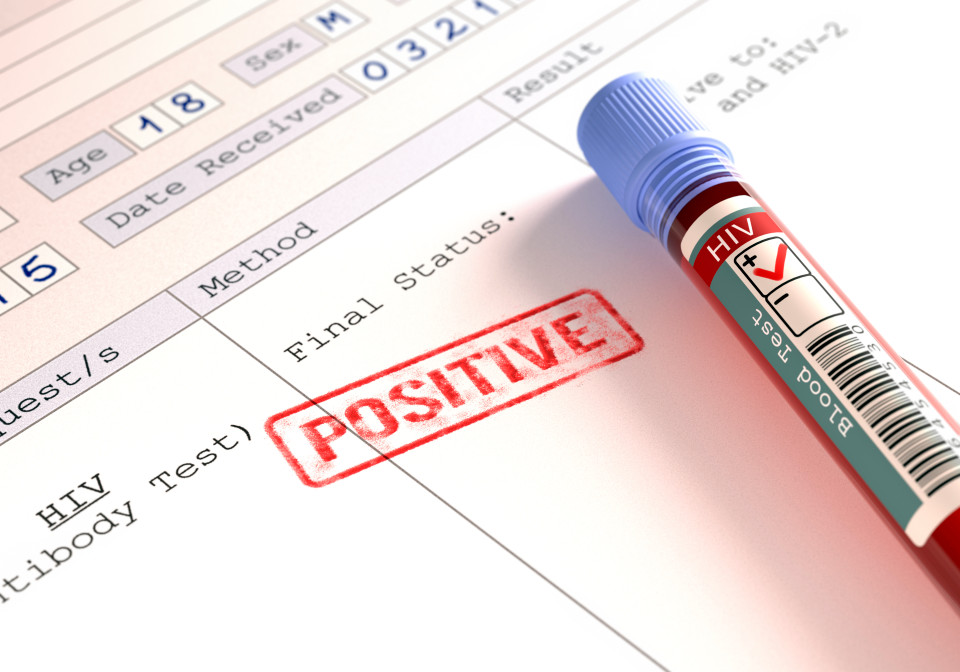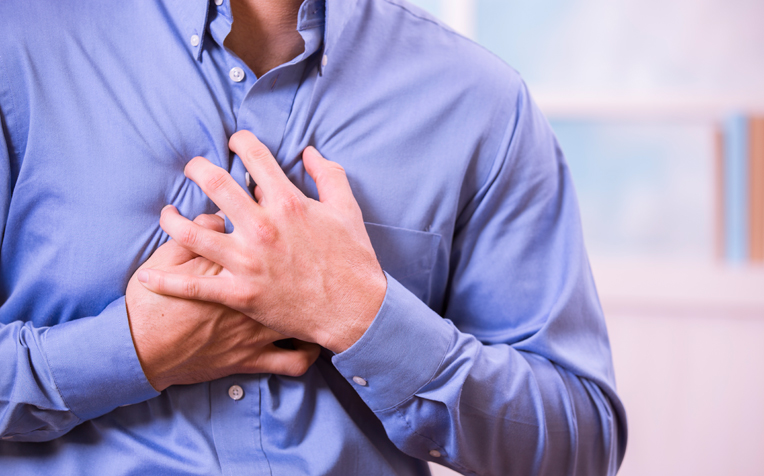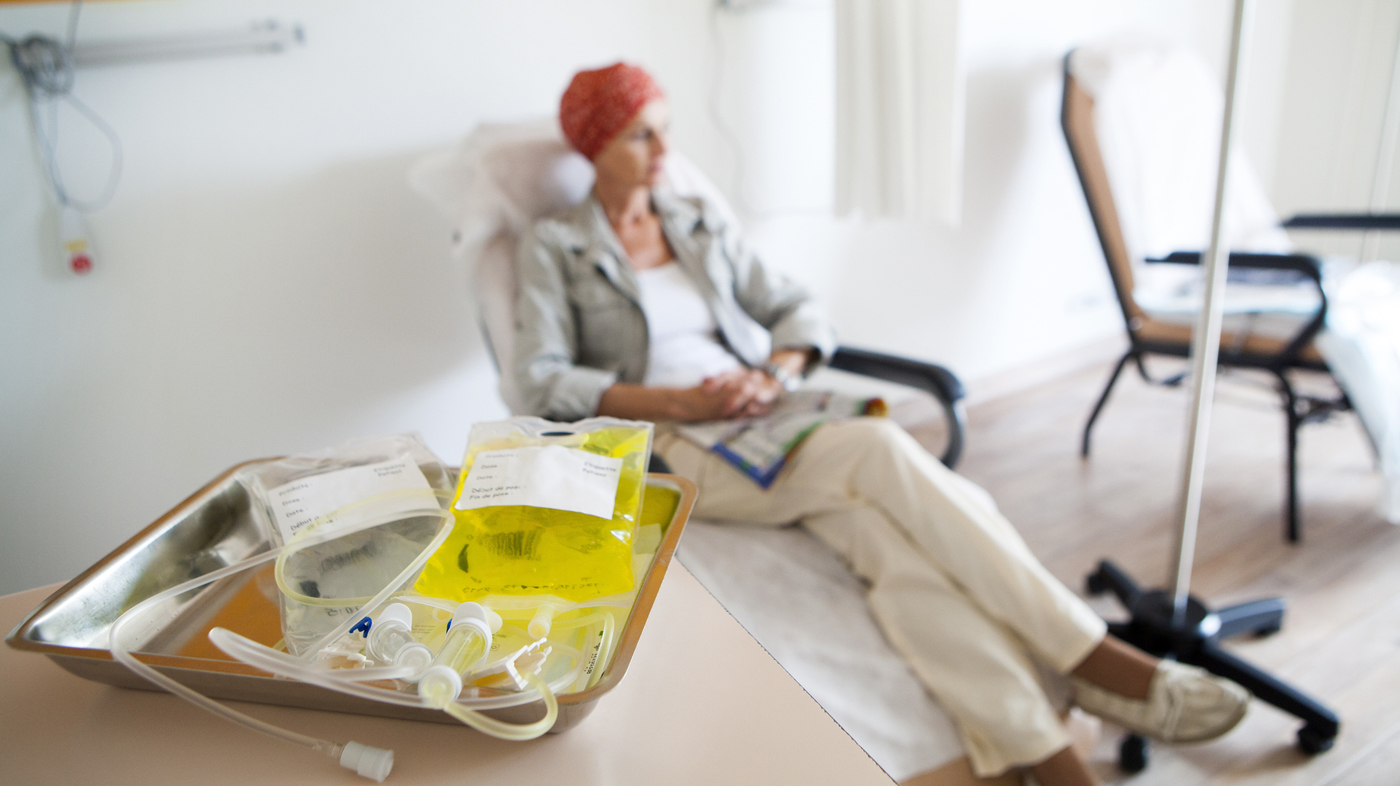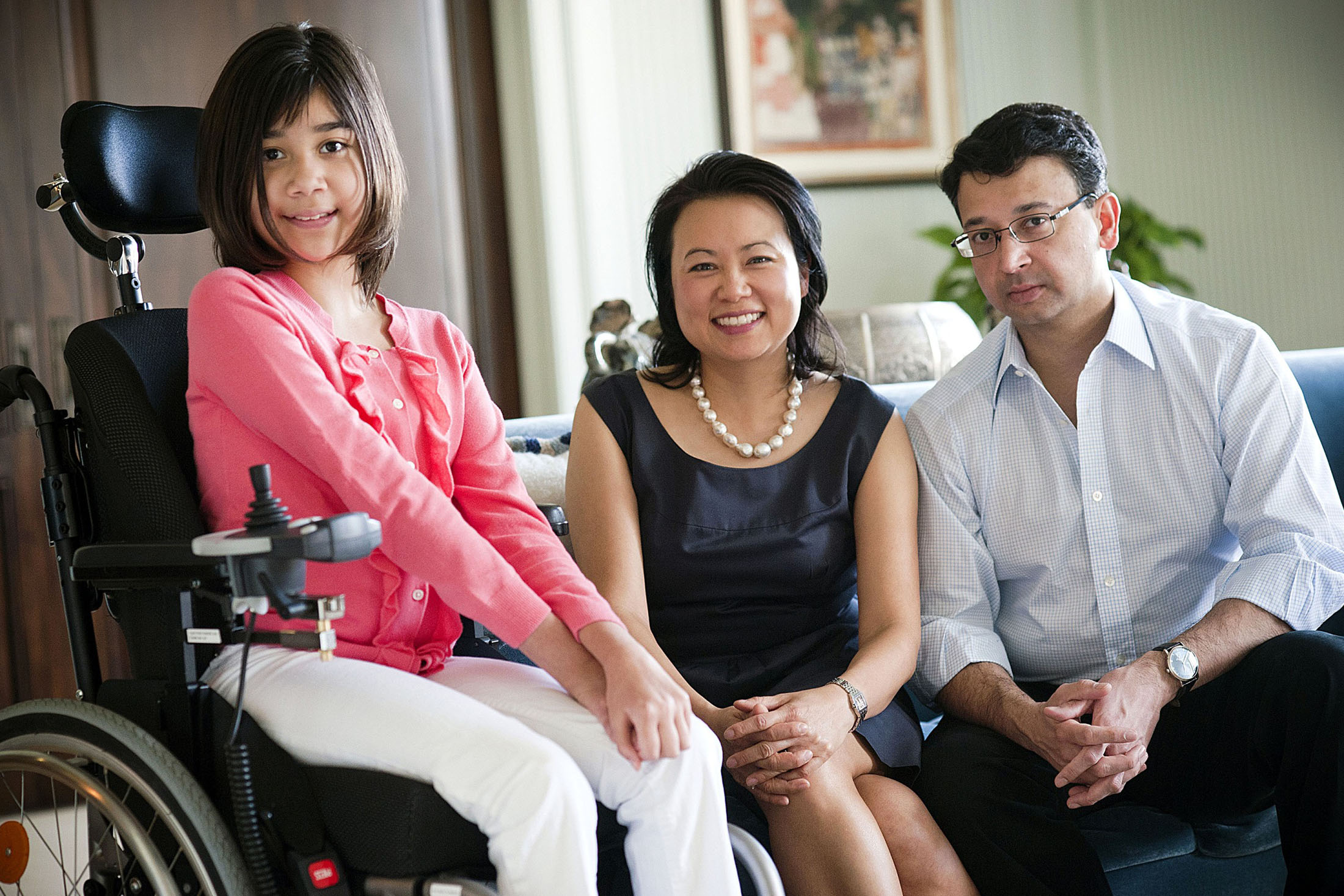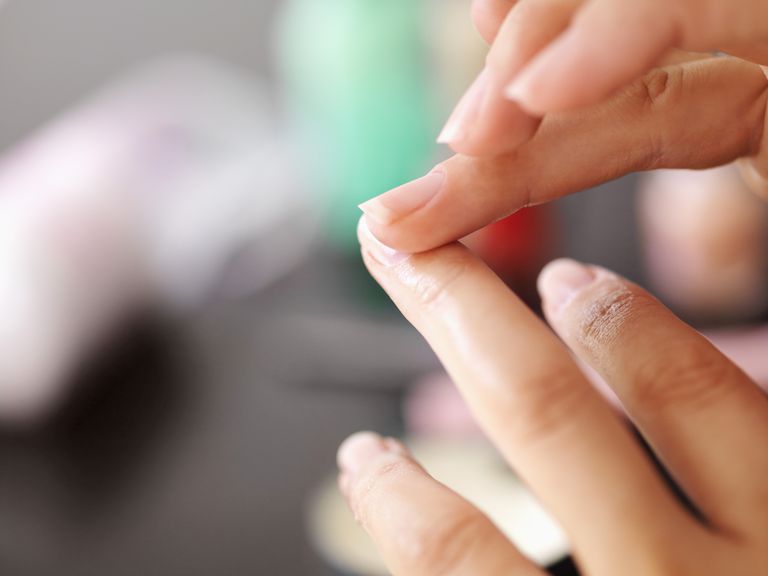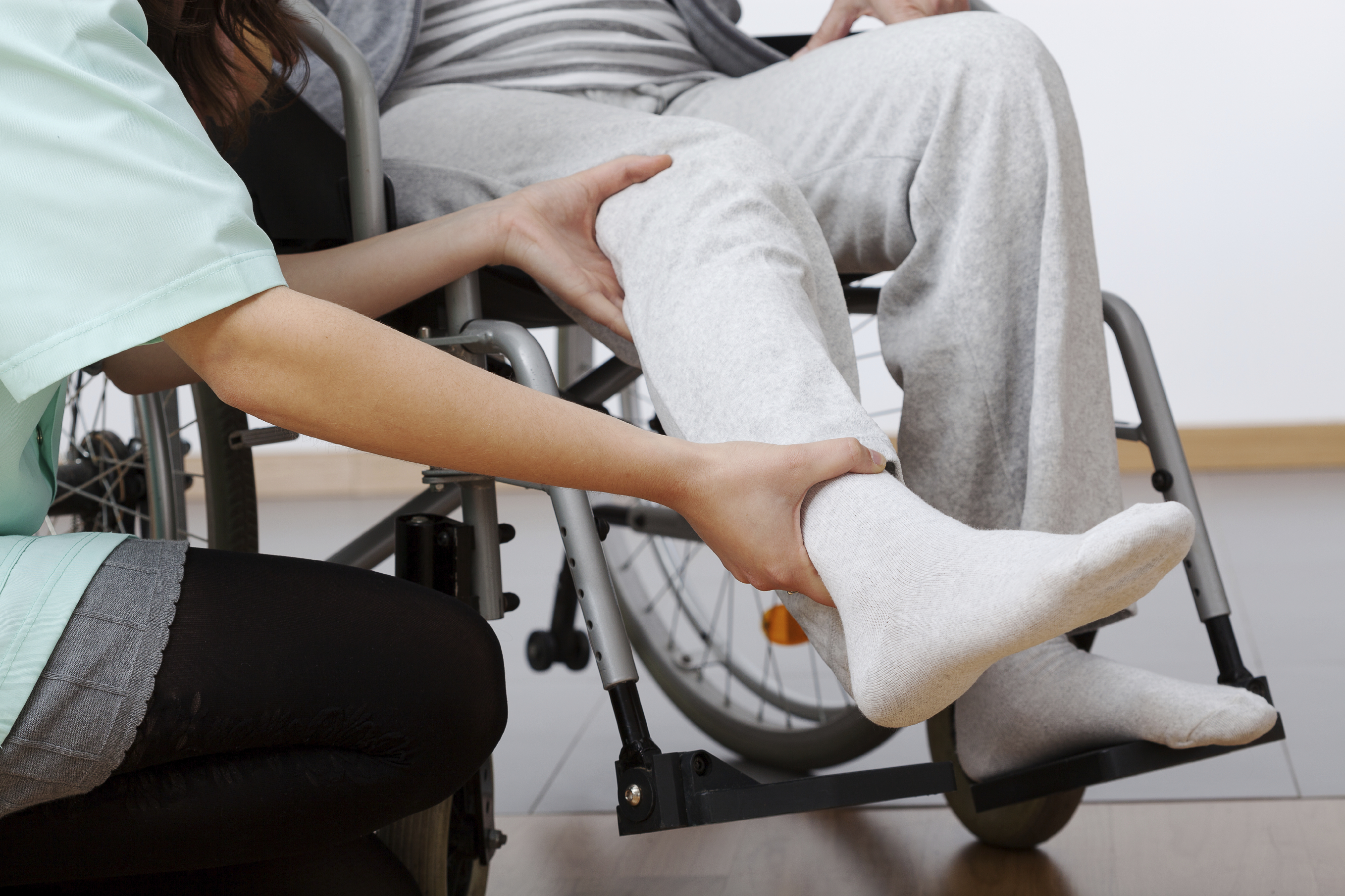Contents:
- Medical Video: Coffee Addicts Quit Cold Turkey
- Get to know caffeine breakdown (caffeine withdrawal)
- This is what will happen if you stop coffee suddenly
- This causes a person to experience caffeine breakdown
- 1. Physical condition
- 2. How often do you consume caffeine
- 3. The source of caffeine consumed
- 4. Dependence
- How to deal with it?
Medical Video: Coffee Addicts Quit Cold Turkey
Caffeine is a stimulant that is most consumed by people. The reason is that caffeine is found in coffee, tea, chocolate, energy drinks, and medicines. Caffeine works by increasing chemical activity in the central nervous system. Because caffeine tends to be consumed to increase focus and concentration, caffeine is needed for some people to be able to be maintained. This is why many people today cannot stopdrinking coffee.
Although it is safe to consume, caffeine can have a dependency effect. If you stop drinking coffeeor consume caffeine in other forms, it will cause symptoms of caffeine withdrawal or caffeine withdrawal. This can occur at a mild to severe level, depending on how much you usually consume caffeine.
Get to know caffeine breakdown (caffeine withdrawal)
Disconnecting caffeine can be said to be a side effect of consuming caffeine. This is in the form of symptoms that arise when a person stops drinking coffee coffee suddenly. Although caffeine is safe, these substances can cause serious dependence.
At least caffeine in a dose of 100 milligrams (mg) per day alone can make dependence. Because the body is dependent, stopping caffeine will trigger caffeine withdrawal symptoms.
You may still be able to carry out daily activities despite experiencing caffeine withdrawal symptoms. However, this caffeine breaking condition is categorized as a mental disorder at the American Psychiatric Association's Diagnostics and Statistical Manual of Mental Disorders (DSM).
This is what will happen if you stop coffee suddenly
Caffeine causes changes in the levels of chemicals that are responsible for delivering information signals in the brain through neurotransmitters. These substances include acetylcholine, serotonin and norepinephrine. Because suddenly there is a change in the balance of chemicals in the brain when you stop drinking coffee, caffeine withdrawal symptoms appear.
One of the most common symptoms is a decrease in concentration when not consuming coffee. Some other dependence symptoms that can also arise include:
- Headache
- Limp
- Not feeling well, like wanting a cold
- Muscle ache
- Constipation (difficulty defecating)
- Nausea
- Easy to sleep
- Depression
- Feeling nervous
- Tend to feel bad mood
The pattern of caffeine withdrawal symptoms can be different in some people. These symptoms generally appear 12 to 24 hours after consuming the last caffeine and can last in a matter of two to nine days.
The more often you drink coffee every day, the more likely you are to experience the above symptoms when you stop drinking coffee. Eating caffeine again when caffeine withdrawal symptoms appear will quickly relieve caffeine withdrawal symptoms. However, you become more difficult to suppress habits drinking coffee too much.
This causes a person to experience caffeine breakdown
Not everyone experiences caffeine withdrawal symptoms while trying to stop drinking coffee. The appearance of these symptoms is influenced by several things below.
1. Physical condition
The condition of central nervous system readiness affects how caffeine withdrawal symptoms appear. Symptoms of caffeine will be more likely to occur in people who have difficulty concentrating without consuming caffeine compared to people who don't need coffee to concentrate.
Some people don't even experience caffeine withdrawal symptoms and only about 50 percent experience severe caffeine withdrawal symptoms.
2. How often do you consume caffeine
The more often someone consumes caffeine or drinks coffee, the more caffeine withdrawal symptoms can be experienced.
3. The source of caffeine consumed
Coffee usually contains about 135 mg of caffeine, energy drinks around 160 mg, while tea ranges from 15-40 mg. Well, the greater the caffeine content of the drink that you usually consume, the greater your risk of experiencing caffeine withdrawal symptoms.
4. Dependence
If you are already dependent on coffee or caffeine, you will be more susceptible to experiencing coffee breakup symptoms. Even skipping one or two cups a day can make you feel the symptoms.
How to deal with it?
If you want to stop consuming caffeine but are already addicted, caffeine withdrawal symptoms can no longer be avoided. However, here are some things that can be done to go through these adjustment periods:
- Don't stop immediately. It's better to reduce rationsdrinking coffeeslowly until you can stop completely.
- Drink plenty of water.
- Change the source of caffeine with a lower caffeine level. For example, you usually drink energy drinks, replace it first with coffee. If you often drink coffee, replace it with tea.
- Start exercising regularly as a substitute for stimulants for the brain.
- Enough sleep to reduce drowsiness and fatigue.

